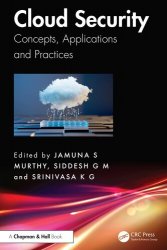
Название: Четырехсторонняя оккупация Германии и Австрии. Побежденные страны под управлением военных администраций СССР, Великобритании, США и Франции. 1945–1946
Автор: Джон Мейр, Майкл Бальфур
Издательство: Центрполиграф
Год: 2024
Формат: fb2, rtf
Размер: 14 Мб
Качество: Хорошее
Язык: Русский
В настоящем издании представлены работы двух авторов о разделе Германии и Австрии на оккупационные зоны союзными войсками держав-победительниц во Второй мировой войне. Автор первой из них – историк Майкл Бальфур имеет долголетний опыт изучения Германии. В 1945—1947 гг. он занимал пост в Британском элементе Комиссии по контролю. Его рассказ касается одного из самых трудных и мрачных периодов истории страны – 1945—1946 гг. после более чем десятилетнего нацистского правления. Джон Мейр, сотрудник политического отдела Британского элемента Комиссии, затрагивает то же время, но относится к положению в Австрии.








